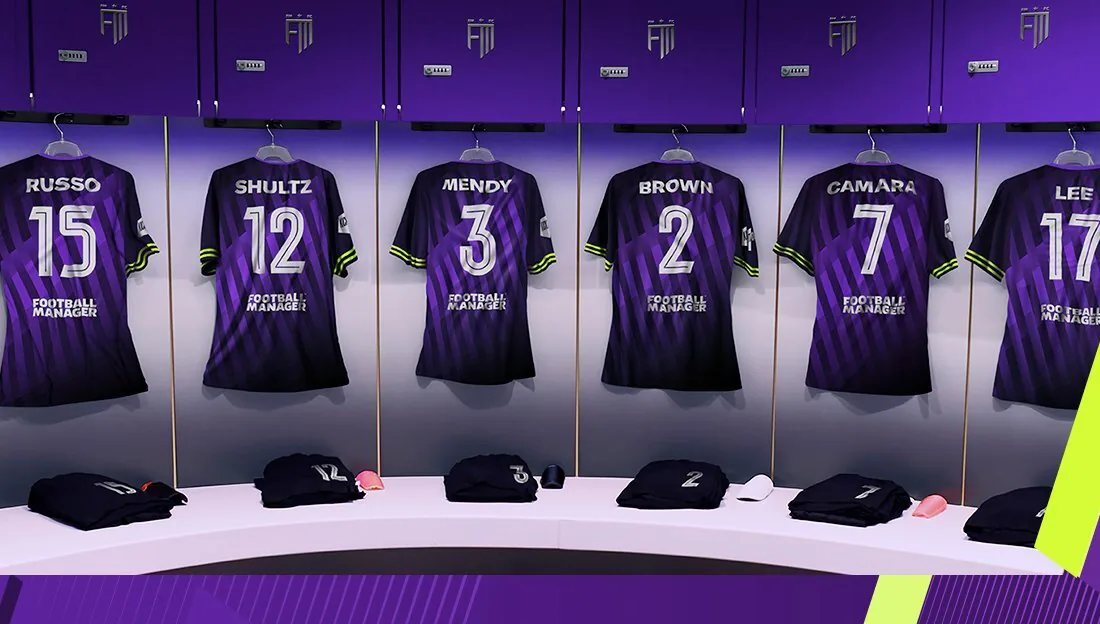It would be foolish of me to insult your intelligence within this article by banging on about the fact that a good FM manager is determined by the games they win and the trophies they manage to pick up along the way. You’re not stupid, you know that already.
Although you may not be too familiar with the mental attributes within your profile that determine just what type of manager you are. You may be an Arsene Wenger, where club loyalty is your forte, despite the consistent overtures of Real Madrid. Alternatively you may be an Alex Ferguson with squad harmony and financial control at the top of the agenda.
Whatever route you do decide to take there are ways you can develop and alter your management style and characteristics where attributes will undoubtedly fluctuate depending on how you go about your day to day business of running a football club.
Club/Player Loyalty
I mentioned Arsene Wenger earlier mainly because I expect his ‘Club Loyalty’ attribute would have gone up a notch on FM if, in-game, he had distanced himself from the Real Madrid job, like he did earlier in the summer.
Obviously ‘Club/Player Loyalty’ refers to how dedicated and loyal your are to the club as a whole but also individual players. This attribute will ascend with every year you stay with your current club of choice and also each time you reject/decline interest in a job offer from elsewhere.
The ‘Player Loyalty’ part of the equation comes into play with regard to your treatment of current and former players. This attribute will inevitably go up when you proceed to use of the same batch of players year after year and also when you speak highly of former players within Press Conferences.
Domestic Player Bias
This attribute is all focused around your use of domestic players and also your transfer policy and the type of players you are regularly looking to recruit. If you are a manager who would overlook signing a rising domestic star in favour of a more established foreign player, your ‘Domestic Player Bias’ is likely to go down.
On the flip side, if you prefer to build a team around home-grown talent and this is reflected in your dealings in the transfer market and also your team selections, ‘Domestic Player Bias’ will elevate drastically.
Financial Control
It goes without saying really but ‘Financial Control’ refers to your ability to keep the club financially stable. The better you keep to within the club’s wage budget and the more income you generate, the higher this attribute will be. Find yourself in the red and well above the recommended wage budget and be ready to bear the consequences.
Hands On Approach
This attribute is associated with your involvement in and around the club and the part you play in the smooth running of it. This is often the most difficult attribute to develop unless you have ridiculous amounts of time to play with.
To increase ‘Hands On Approach’ you will need to do things like devise your own training regimes, take control of friendly matches and team talks, create your own tactics and manage the reserves and u-18’s on a regular basis. This attribute will rapidly decline if you assign your fellow backroom staff to carry out the aforementioned tasks.
Squad Discipline
How much of a tight ship as it were will determine how high your ‘Squad Discipline’ attribute will be. If you are considerably strict and dish out fines and warnings left, right and centre, you are more likely to have higher ‘Squad Discipline’. If you decide not to punish players for a sending off or missing a training session, you will be faced with the opposite effect.
Tactical Consistency
A traditional Rafa Benitez approach will probably see this attribute fall well below average. This is because the Liverpool boss is rather well-known for chopping and changing things about at regular intervals.
Those managers that frequently prefer to stick with the same line-up and tactics will see their ‘Tactical Consistency’ attribute rise as a result.
Add Sportslens to your Google News Feed!






